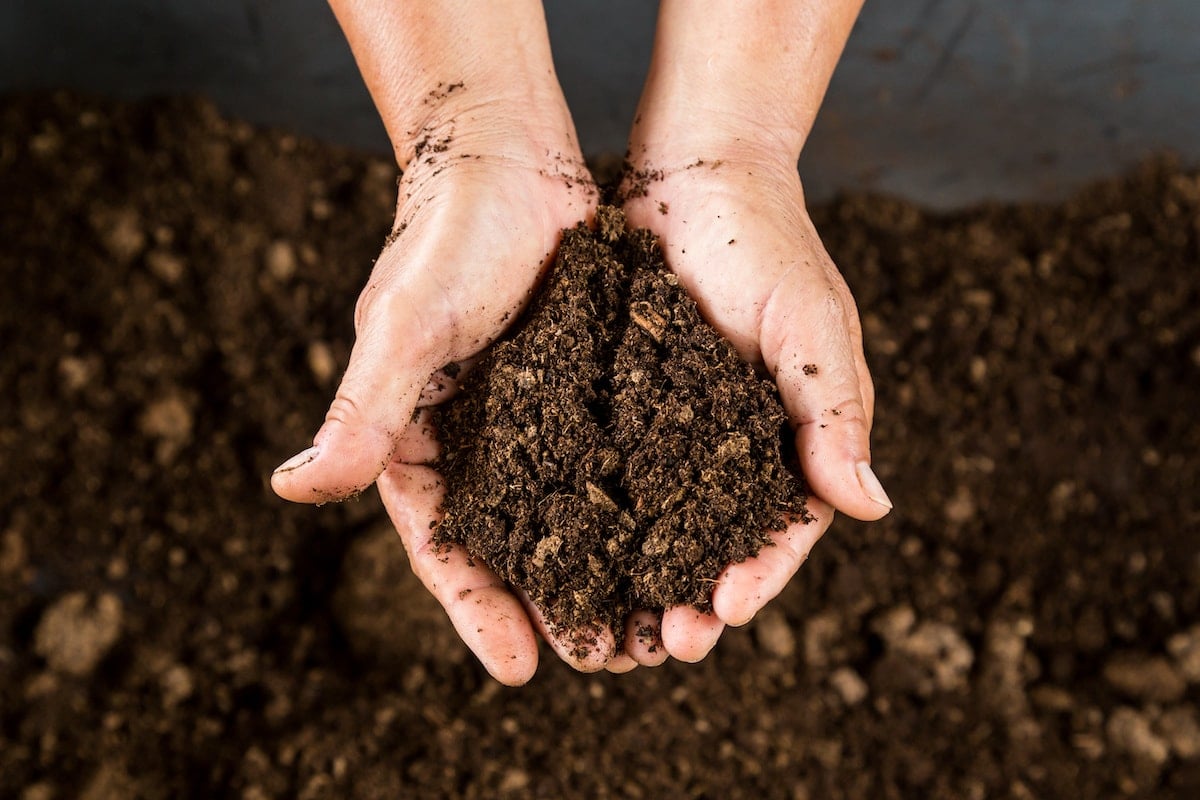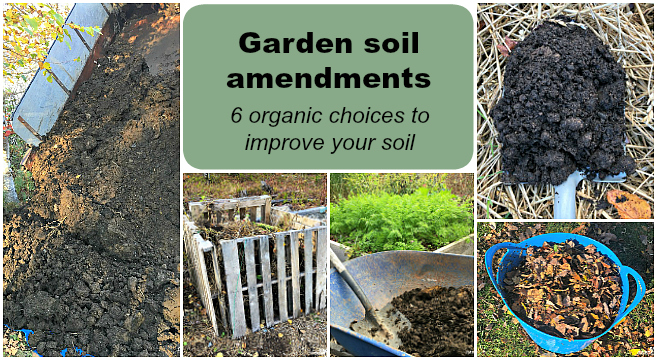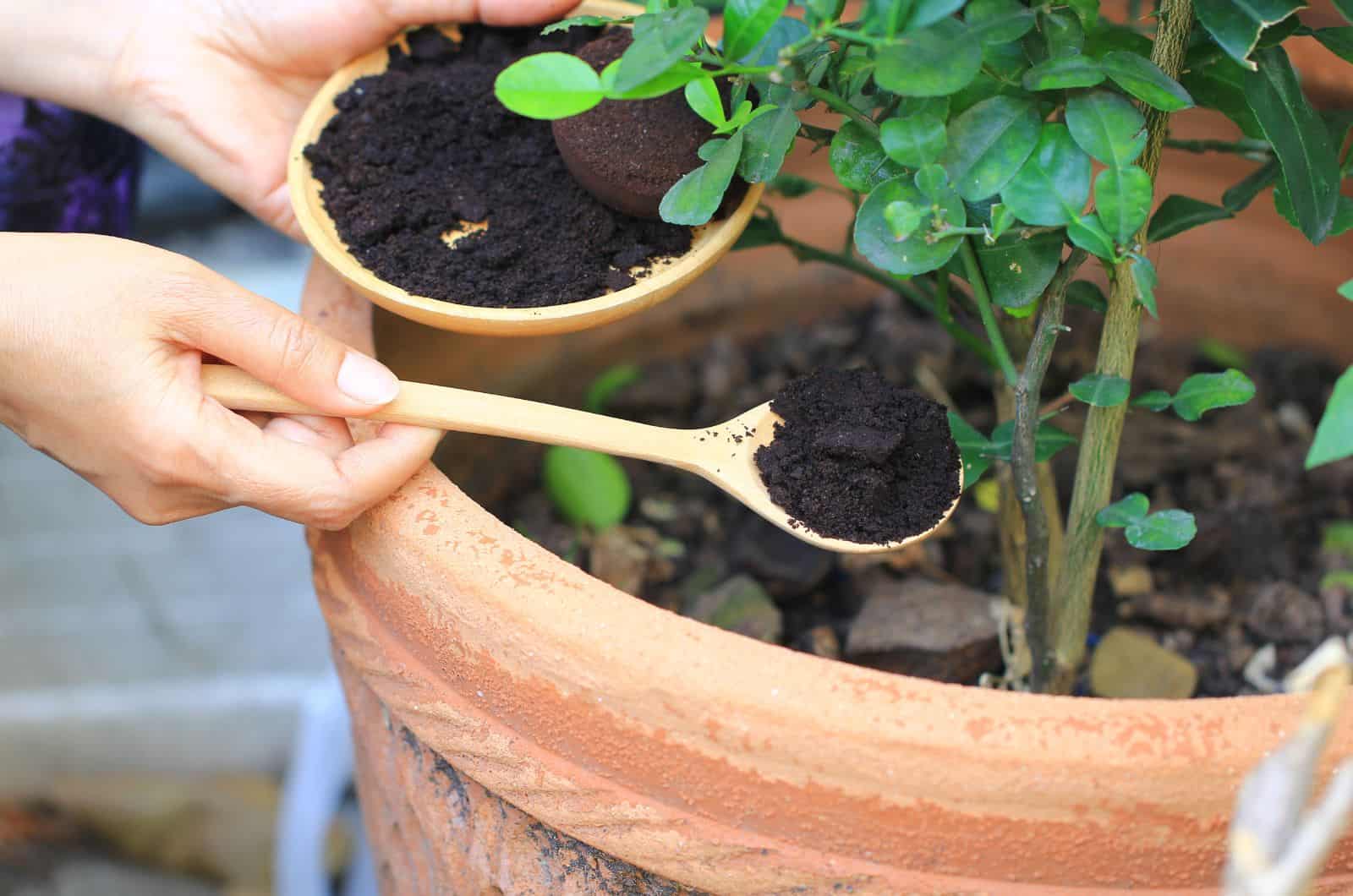Organic Acidic Soil Amendments That Will Make Your Plants Thrive
Title: Organic Acidic Soil Amendments That Will Make Your Plants Thrive
Introduction:
The pH of soil is a measure of how acidic or alkaline it is. Most plants prefer a neutral pH of around 6.5, but some plants, such as blueberries, azaleas, and rhododendrons, prefer acidic soil with a pH of 5.0 or lower. If you have acidic soil, you can add organic acidic soil amendments to make it more acidic and help your plants thrive.
Organic Acidic Soil Amendments
There are a number of organic acidic soil amendments that you can use, including:
- Sulfur: Sulfur is a naturally occurring element that can be added to soil to lower its pH. It is available in a variety of forms, including elemental sulfur, gypsum, and sulfuric acid.
- Compost: Compost is a great way to improve the overall health of your soil, and it can also help to lower its pH. Compost is made from decomposing organic matter, such as leaves, grass clippings, and food scraps.
- Leaf mold: Leaf mold is another type of organic matter that can be used to lower the pH of soil. It is made from decomposing leaves and other plant material.
- Ericaceous compost: Ericaceous compost is specifically designed for acid-loving plants. It is made from a variety of materials, including peat moss, pine needles, and bark.
- Pine needles: Pine needles are a natural acidifier that can be added to soil to lower its pH. They are also a good source of organic matter.
- Cottonseed meal: Cottonseed meal is a high-nitrogen fertilizer that can also help to lower the pH of soil. It is made from the pressed seeds of cotton plants.
- Citrus peels: Citrus peels are naturally acidic and can be added to soil to lower its pH. They are also a good source of nutrients for plants.
How to Use Organic Acidic Soil Amendments
The amount of organic acidic soil amendment that you need to add to your soil will depend on the current pH of your soil and the type of plants you are growing. It is always best to test the pH of your soil before you add any amendments. You can do this by using a soil pH test kit.
Once you know the pH of your soil, you can start adding organic acidic soil amendments. The best time to add amendments is in the fall or spring, before you plant your crops.
To add organic acidic soil amendments, simply spread them evenly over the soil surface. Then, work them into the soil with a shovel or garden fork. You may need to add more amendments over time, as the soil pH can gradually rise.
Conclusion
Using organic acidic soil amendments is a great way to improve the acidity of your soil and help your acid-loving plants thrive. There are a variety of different amendments available, so you can choose the one that is right for your needs. Be sure to test the pH of your soil before you add any amendments, and follow the instructions on the product label. With a little care and attention, you can create the perfect environment for your acid-loving plants to grow.
Are you looking for organic acidic soil amendments to improve the growth of your acid-loving plants? Visit Home Gardening today to learn more about the different types of organic amendments available, as well as how to use them properly.
At Home Gardening, we offer a wide variety of organic acidic soil amendments, including:
- Compost
- Peat moss
- Leaf mold
- Coffee grounds
- Oak leaves
- Pine needles
We also offer a variety of resources to help you learn more about organic acidic soil amendments, including:
- Articles and blog posts
- FAQs
- How-to guides
- Videos
Visit Home Gardening today to learn more about organic acidic soil amendments and how they can help your acid-loving plants thrive.
FAQ of organic acidic soil amendments
What are organic acidic soil amendments?
Organic acidic soil amendments are materials that are derived from plant or animal matter and that lower the pH of soil. They can be used to improve the growth of plants that prefer acidic soil, such as blueberries, rhododendrons, and azaleas.
Some common organic acidic soil amendments include:
- Coffee grounds: Coffee grounds are a good source of nitrogen and acidity. They can be added to the soil around plants or used to make a compost tea.
- Acid peat moss: Acid peat moss is a type of organic matter that is high in acidity. It can be added to the soil around plants or used to make a potting mix.
- Wood ash: Wood ash is a good source of potassium and calcium, but it can also raise the pH of soil. To use wood ash as an acidic soil amendment, mix it with a large amount of organic matter, such as compost or peat moss.
- Sawdust: Sawdust is a good source of carbon and can help to improve the drainage of soil. However, it can also raise the pH of soil. To use sawdust as an acidic soil amendment, mix it with a large amount of acid peat moss or coffee grounds.
Image of organic acidic soil amendments
Coffee grounds. Coffee grounds are a great way to acidify soil and add nutrients. They can be added to the soil around plants that prefer acidic soil, such as blueberries, azaleas, and rhododendrons.
2. Pine needles. Pine needles are another great option for acidic soil amendments. They can be added to the soil around plants that prefer acidic soil, or they can be used as mulch.
 3. Acid peat moss. Acid peat moss is a type of peat moss that is low in pH and high in organic matter. It is a good choice for amending acidic soils, and it can also be used to create potting mixes for acid-loving plants.
3. Acid peat moss. Acid peat moss is a type of peat moss that is low in pH and high in organic matter. It is a good choice for amending acidic soils, and it can also be used to create potting mixes for acid-loving plants.
 4. Sphagnum moss. Sphagnum moss is another type of moss that is low in pH and high in organic matter. It is a good choice for amending acidic soils, and it can also be used to create potting mixes for acid-loving plants.
4. Sphagnum moss. Sphagnum moss is another type of moss that is low in pH and high in organic matter. It is a good choice for amending acidic soils, and it can also be used to create potting mixes for acid-loving plants.
 5. Wood ash. Wood ash is a good source of potassium and other nutrients, and it can also help to acidify soil. However, it is important to use wood ash sparingly, as too much can make the soil too alkaline.
5. Wood ash. Wood ash is a good source of potassium and other nutrients, and it can also help to acidify soil. However, it is important to use wood ash sparingly, as too much can make the soil too alkaline.
 6. Coffee grounds and eggshells. Coffee grounds and eggshells are both good sources of calcium, which can help to balance out the acidity of soil. They can be added to the soil around plants that prefer slightly acidic soil, such as hydrangeas and roses.
6. Coffee grounds and eggshells. Coffee grounds and eggshells are both good sources of calcium, which can help to balance out the acidity of soil. They can be added to the soil around plants that prefer slightly acidic soil, such as hydrangeas and roses.
 7. Compost. Compost is a great way to improve the overall health of soil, and it can also help to acidify it slightly. To make compost, simply mix together organic materials such as vegetable scraps, leaves, and grass clippings.
7. Compost. Compost is a great way to improve the overall health of soil, and it can also help to acidify it slightly. To make compost, simply mix together organic materials such as vegetable scraps, leaves, and grass clippings.
 8. Manure. Manure is another good source of organic matter that can help to acidify soil. However, it is important to use manure that has been composted, as fresh manure can contain harmful bacteria.
8. Manure. Manure is another good source of organic matter that can help to acidify soil. However, it is important to use manure that has been composted, as fresh manure can contain harmful bacteria.
 9. Fern leaf mold. Fern leaf mold is a type of compost that is made from the leaves of ferns. It is a good source of organic matter and acidity, and it is especially beneficial for plants that prefer acidic soil, such as blueberries and rhododendrons.
9. Fern leaf mold. Fern leaf mold is a type of compost that is made from the leaves of ferns. It is a good source of organic matter and acidity, and it is especially beneficial for plants that prefer acidic soil, such as blueberries and rhododendrons.
 10. Ericaceous compost. Ericaceous compost is a type of compost that is specifically designed for plants that prefer acidic soil. It is made from a blend of organic materials, including pine needles, bark, and leaf mold.
10. Ericaceous compost. Ericaceous compost is a type of compost that is specifically designed for plants that prefer acidic soil. It is made from a blend of organic materials, including pine needles, bark, and leaf mold.

Post a Comment for " Organic Acidic Soil Amendments That Will Make Your Plants Thrive"